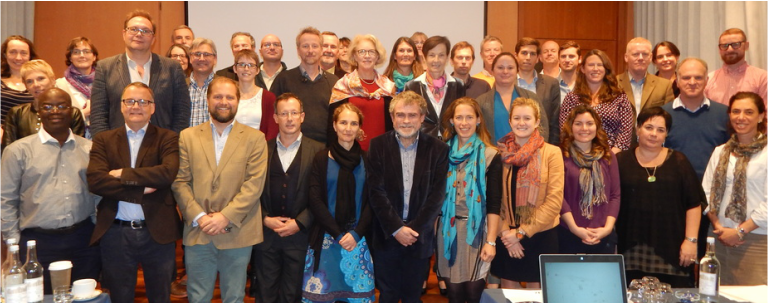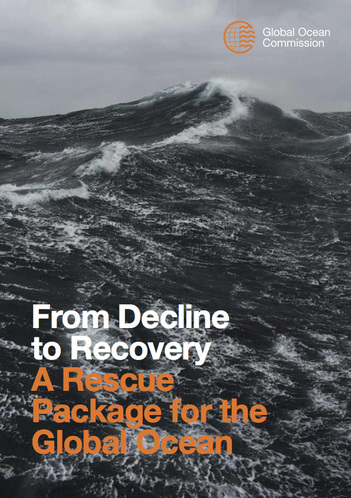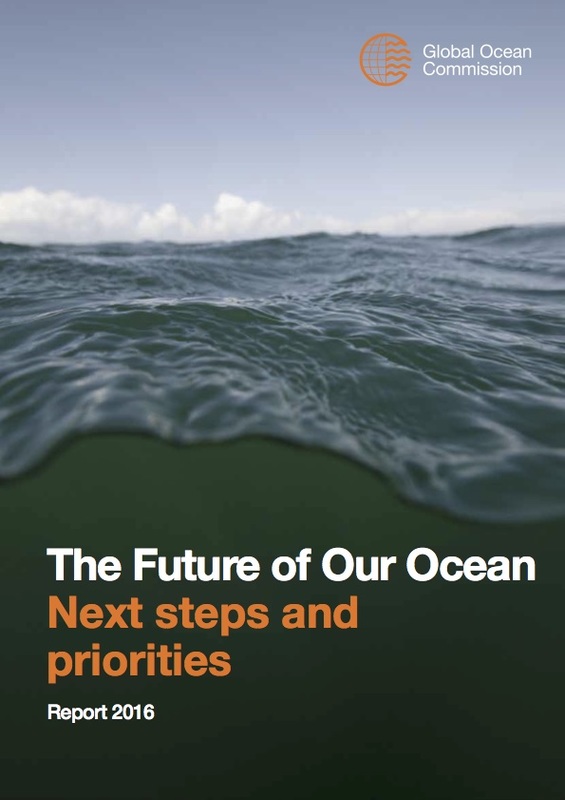Last fall (or "autumn" as they say here in England) I attended the Global Ocean Commission's symposium on the future of the High Seas hosted by my Oxford college, Somerville. A summary of the symposium and its recommendations is in the Commission's most recent (and last) report, The Future Of Our Ocean: Next Steps and Priorities. This report, as well as the Commission's initial report, From Decline to Recovery: A Rescue Package for the Global Ocean, are now available to download online here. I highly recommend both, especially the first for its straight-forward, engaging, and well-researched perspective on the political actions needed for a healthy ocean.
| A major obstacle to better management and governance of the high seas... is the fundamental lack of understanding of their biological and physical elements. To address this shortcoming, and evaluate the potential need for a high seas regeneration zone, the Commission hosted an interdisciplinary High Seas Symposium in Oxford in November 2015. More than 40 experts in ocean science, economics and policy came together to identify areas requiring further research and direction. Participants were asked to perform a ‘horizon-scanning’ exercise to envisage the scenarios: business as usual; a recuperating high seas benefiting from effective governance with a strong implementing agreement that allows for significant high seas MPAs; and a future where the high seas are closed to all extractive human activities. This exercise highlighted the desirability of addressing high seas decline now, as laid out in the Commission’s suite of proposals, so that the radical creation of high seas regeneration zones will not be necessary. |




 RSS Feed
RSS Feed
